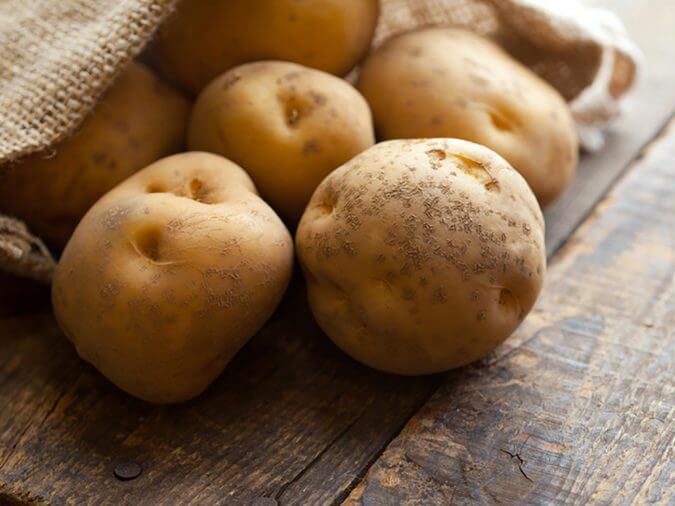
Potatoes
Yes, this tuber-iffic mealtime staple should never be eaten raw! “Eating potatoes raw can cause bloating and undesirable gastrointestinal effects, because potatoes contain starches that are resistant to being digested,” says Dr. Lisa Davis, the chief nutrition officer at Terra’s Kitchen. (Cooking the potatoes successfully breaks down these starches.) Even scarier, if raw potatoes spend a long time in a warm or damp area, they can turn green and develop a toxin called solanine. If a potato appears to have green spots on it, you should avoid eating it altogether, because the solanine could cause food poisoning.
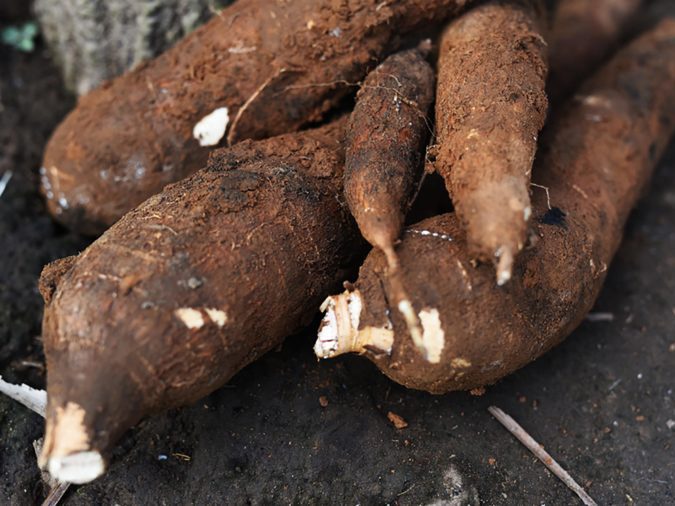
Yucca
One word: Cyanide! This root vegetable, a staple of South American cuisine, is packed with vitamins and minerals. But it’s also hiding a sneaky, potentially lethal ingredient. The leaves and roots of raw yucca contain cyanogenic glycosides, chemicals that release cyanide when eaten. Yucca is still edible, but make sure you wash it thoroughly, rinse it, peel it, and cook it before consumption.
Could you be suffering from one of these common digestive disorders?
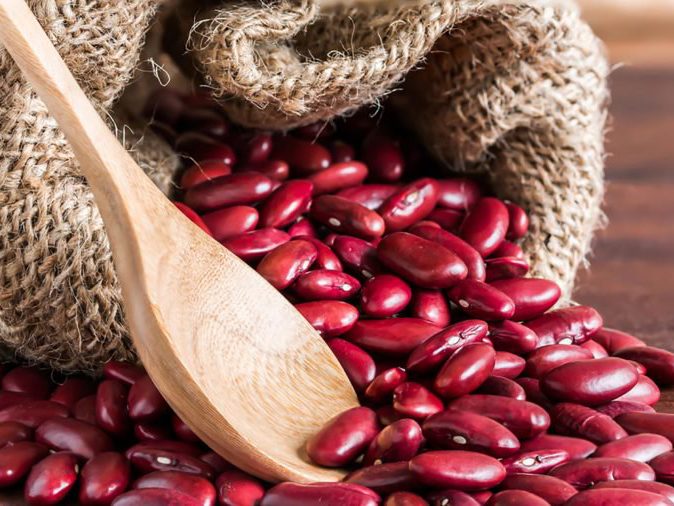
Kidney beans
Here’s another normally healthy food that can be dangerous if eaten the wrong way. Red kidney beans are packed with protein, fibre, and antioxidants, but eating them raw can wreak havoc on your stomach. “Uncooked kidney beans contain the toxin phytohemagglutinin, which can cause unpleasant gastrointestinal discomfort and symptoms similar to food poisoning,” says Dr. Davis. Make sure you boil kidney beans for at least ten minutes before eating them.
Here are some more health benefits (and risks) of eating beans of all types.

Hot dogs
Hot dogs aren’t the most nutritious food as it is, but eating them raw can be downright dangerous. It’s a common misconception that, since they’re pre-cooked, hot dogs can be eaten right out of the package like lunch meat. This isn’t the case at all. According to the FDA, packaged hot dogs can become contaminated with the bacteria Listeria, which can only be killed by reheating the dogs.
Here are some foods you might want to avoid eating altogether.

Milk
You might hear “raw milk” and wonder what that could possibly mean. You don’t cook milk! But raw milk is real, and it’s dangerous. Milk that comes straight from a cow, without being pasteurized, can contain harmful bacteria like E. coli and Salmonella. According to the FDA, raw milk is 150 times more likely to cause foodborne illnesses than other dairy products.
Here are six foods you should never reheat in the microwave!
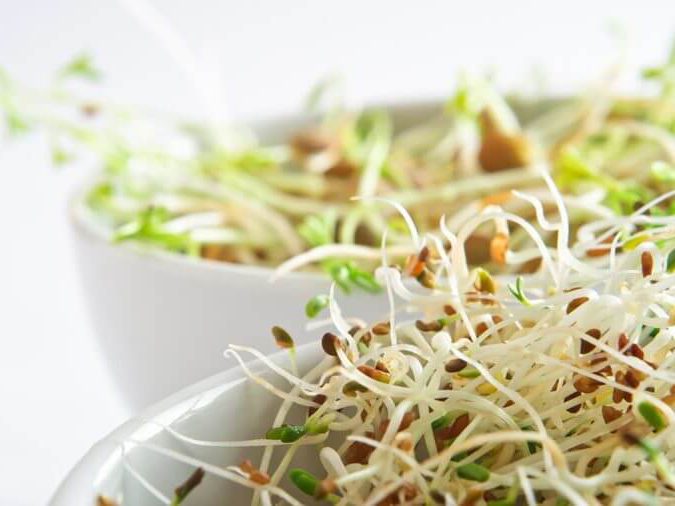
Sprouts
Sprouts—they’re so healthy! What could possibly be wrong with them? Well, alfalfa and radish sprouts can contain pesky harmful bacteria like E. coli, Salmonella, and Listeria. Sprouts are grown in warm, moist conditions where these bacteria thrive. Because of this, you should aim to buy your sprouts as fresh as possible; consider buying them locally or from a farmers’ market. And, of course, wash them and cook them.
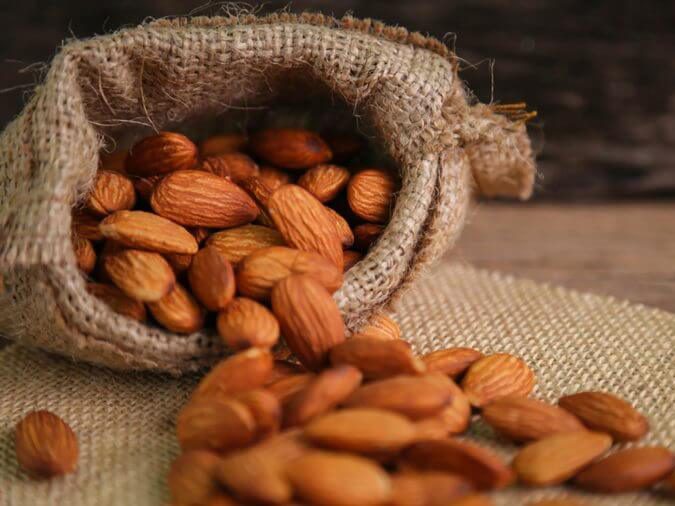
Bitter almonds
The almonds that we know and love are also called “sweet almonds,” and there are some excellent health reasons to eat them. Bitter almonds are kind of like their evil cousin. They’re a variety of sweet almonds, but they contain hydrocyanic acid, which is a dangerous combo of hydrogen cyanide and water. According to The Spruce, it would only take about 70 raw bitter almonds to kill a fully grown adult. Yikes! Thankfully, they’re safe to eat if they’ve been cooked, and most grocery stores don’t sell them. The likeliest places you’ll encounter them are in almond extract and almond-flavoured liqueurs.
What’s for dinner? Check out our recipe for sardine salad with almonds!
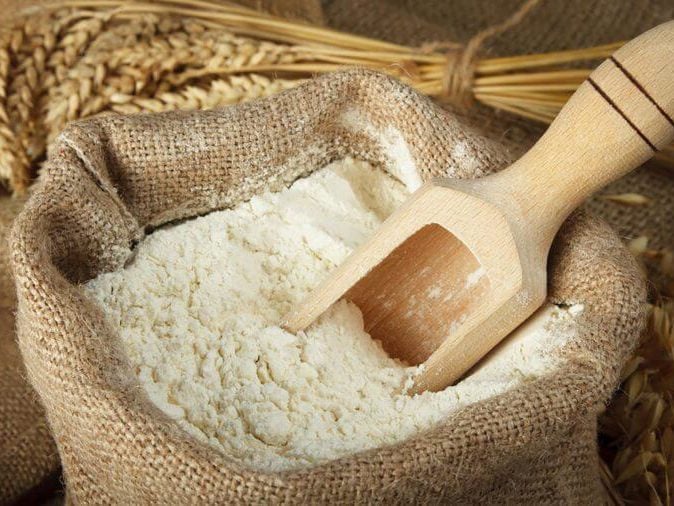
Flour
You’ve probably heard, countless times, about the dangers of eating raw eggs, and may have even been shooed away from raw brownie batter or cookie dough for that very reason. But egg is only part of the problem; eating pre-cooked flour might be just as problematic. In recent years, the FDA and the Centers for Disease Control and Prevention have identified raw flour as a potential health hazard. During its journey from wheat stalk to supermarket shelf, flour may have come into contact with pathogens such as E. coli, which can only be banished by cooking whatever the flour is in.
Fibre is good for us, but scientists haven’t known why until now!
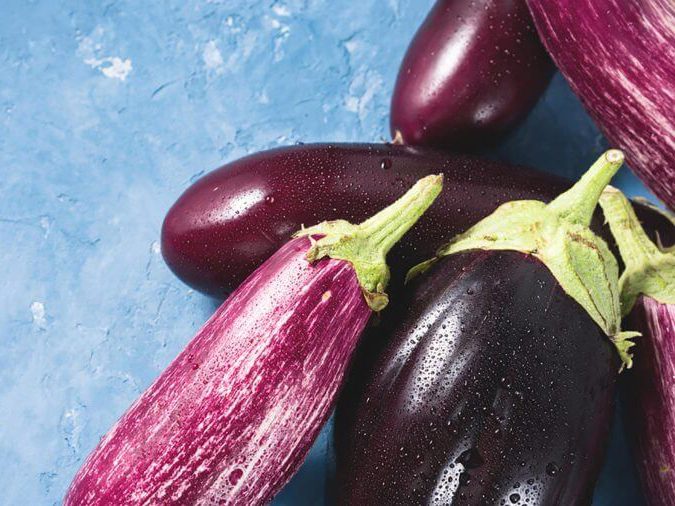
Eggplant
Approach raw eggplant with caution. Raw eggplant contains solanine, the same toxin that makes raw potatoes problematic. “Young eggplants” in particular, or eggplants that were harvested early in their plant lives, contain the most of this toxin. You would have to eat a whole lot of raw eggplant to experience the unpleasant gastrointestinal effects of solanine poisoning, but you might want to go ahead and cook your eggplant anyway. Plus, some people may have allergic reactions to even small amounts of raw eggplant.
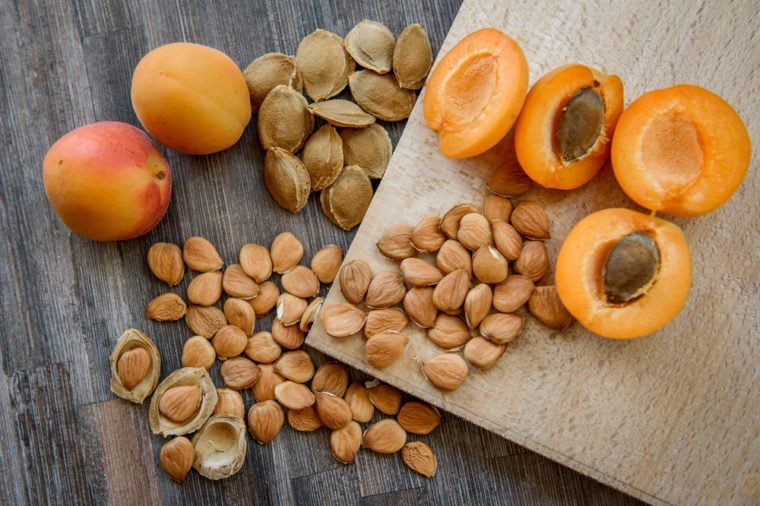
Lima beans
Similarly to kidney beans, lima beans should always be cooked thoroughly. Lima beans contain cyanogenic glycosides, a compound created to protect plants by releasing deadly hydrogen cyanide when chewed raw, according to National Geographic.
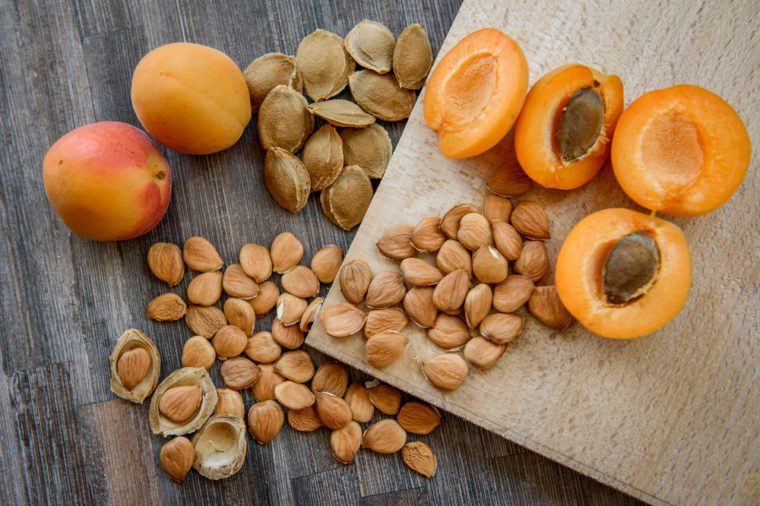
Pits or seeds of apples, mangos, peaches, pears, or apricots
Although it would take at least a cup of these ground seeds to poison someone, seeds from apples, mangos, peaches, pears, and apricots contain a chemical that can turn into organic cyanide.
Don’t miss these 20 foods you’re spoiling by putting in the refrigerator.
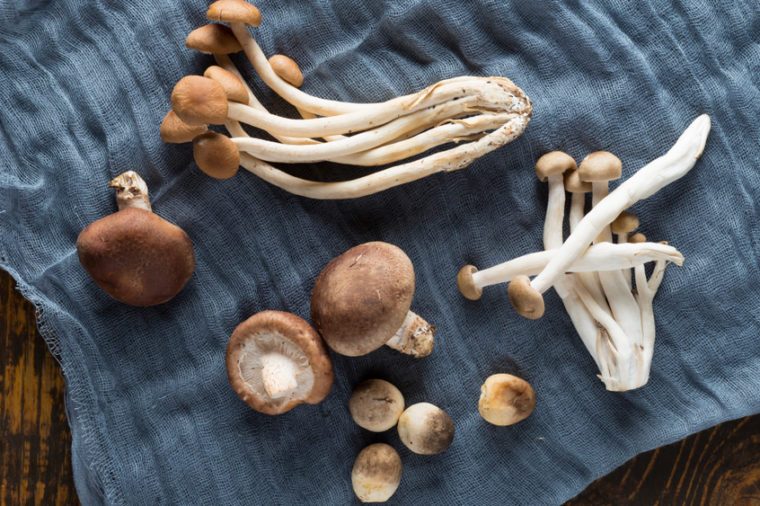
Wild mushrooms
Mushrooms contain a host of beneficial properties including antioxidants, B vitamins, and potassium, according to Healthline. Some doctors note, however, that heat is required to release some of these nutrients and benefits. Plus, raw mushrooms are known for being hard to digest, and they are among the most concentrated sources of a naturally-occurring toxin, agaritine. Various studies and research found in some rat studies that agaritine has a carcinogenic effect. That said, cooking destroys these compounds so you can still safely eat the cooked variety.
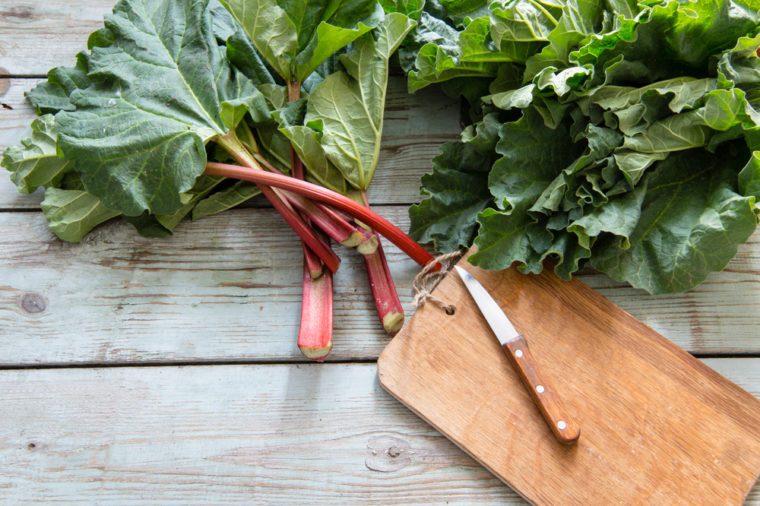
Rhubarb leaves
These leaves contain a high level of oxalic acid—a toxin that in high doses can cause kidney damage, various stomach problems, and even death, in rare occasions, according to Hampshire College. This “anti-nutrient” interferes with iron, magnesium, and calcium too, the Independent reports. Similarly to fruit pits, a lethal dose of this toxin would be hard to consume naturally, but it’s mostly people with kidney issues that should be concerned with avoiding these leaves, per Healthline.
Check out these 30 painless ways to increase dietary fibre!